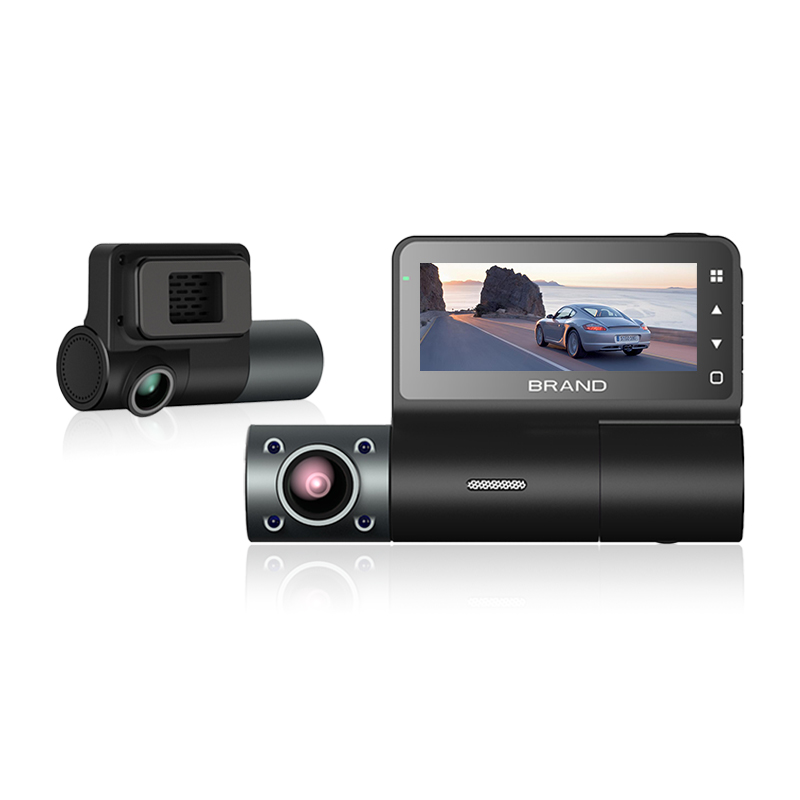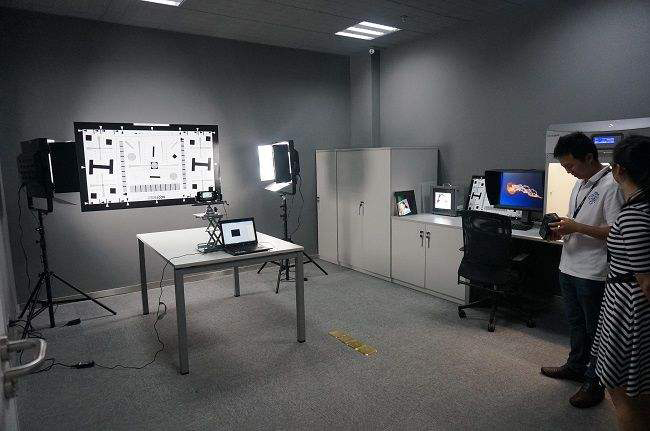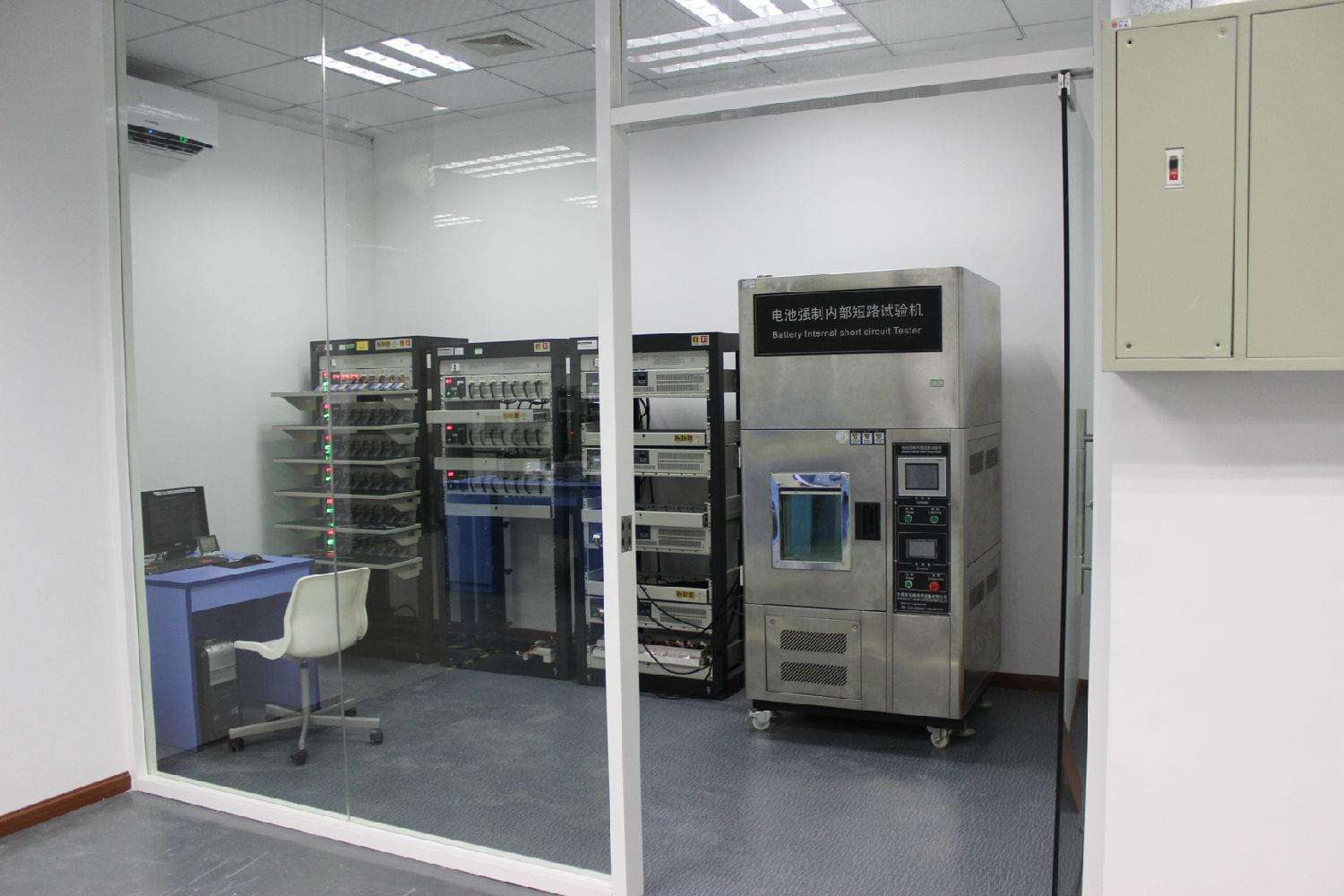The evolution of technology has brought about remarkable advancements in the field of dash cameras, with 4K driving recorders emerging as a prominent choice for many drivers. The allure of capturing high-resolution videos during daylight is undeniable, but a critical question arises: Is a 4K driving recorder suitable for night recording? In this article, we will delve into the capabilities and limitations of 4K dash cam when it comes to night recording scenarios.

The Promise of 4K Resolution
4K resolution, with its approximately four times higher pixel count compared to standard Full HD, offers the potential for incredibly detailed and crisp videos. During daylight hours, this higher resolution can capture finer details such as license plates and road signs, enhancing the usability of recorded footage as evidence in the case of accidents or incidents.
Challenges of Night Recording
Night recording presents a different set of challenges due to limited available light and varied lighting conditions. The success of a dash cam in capturing usable night footage depends on several factors:
1. Sensor Quality: The quality of the camera sensor used in the recorder greatly influences its low-light performance. Sensors with larger pixels can capture more light, resulting in clearer images in dim conditions.
2. Low-Light Sensitivity: Some 4K dash cam for car are equipped with sensors designed to perform well in low-light environments. These sensors have improved sensitivity to light, allowing for better image quality when recording at night.
3. Dynamic Range: A wide dynamic range (WDR) is crucial for night recording, as it enables the camera to capture details in both well-lit and shadowed areas. High dynamic range technology prevents overexposed headlights from obscuring other parts of the scene.
4. Noise Reduction: Low-light recordings are often plagued by noise and graininess. Effective noise reduction algorithms are essential to mitigate these issues and produce cleaner images.
5. Infrared Capability: Some driving recorders are equipped with infrared (IR) sensors or LEDs that emit invisible light. These LEDs can illuminate the surroundings without disturbing drivers or causing glare, improving night recording quality.
Advancements in 4K Night Recording
Modern 4K driving recorders have made significant strides in improving night recording capabilities:
1. Enhanced Sensors: Many 4K driving recorders use advanced image sensors with larger pixel sizes, improving their light-gathering capability and producing clearer images in low-light conditions.
2. WDR Technology: Manufacturers have integrated WDR technology into 4K driving recorders, allowing them to capture a wider range of light levels and ensuring that both bright and dark areas are adequately visible.
3. IR Illumination: Some 4K driving recorders are equipped with discreet IR LEDs that provide additional illumination without causing glare or distractions to the driver. This improves the visibility of the recording area without affecting driving safety.
Conclusion
While 4K driving recorders offer immense potential for capturing high-resolution footage, their performance during night recording varies based on factors such as sensor quality, low-light sensitivity, dynamic range, noise reduction, and IR capabilities. Many modern 4K driving recorders have addressed the challenges of night recording by incorporating advanced technologies that enhance their ability to capture clear and detailed footage in low-light conditions.
Ultimately, the suitability of a 4K driving recorder for night recording depends on its specific features and technologies. Before purchasing a 4K driving recorder, it's essential to research the model's specifications, read reviews, and consider real-world night recording examples to determine whether it meets your expectations for night recording quality.
 Having over ten years of experience in the manufacturing of tachographs
Having over ten years of experience in the manufacturing of tachographs
 Provide over 20 private mold designs, focusing on independent research and desig
Provide over 20 private mold designs, focusing on independent research and desig
 Over 10 years of R&D and QC experience
Over 10 years of R&D and QC experience